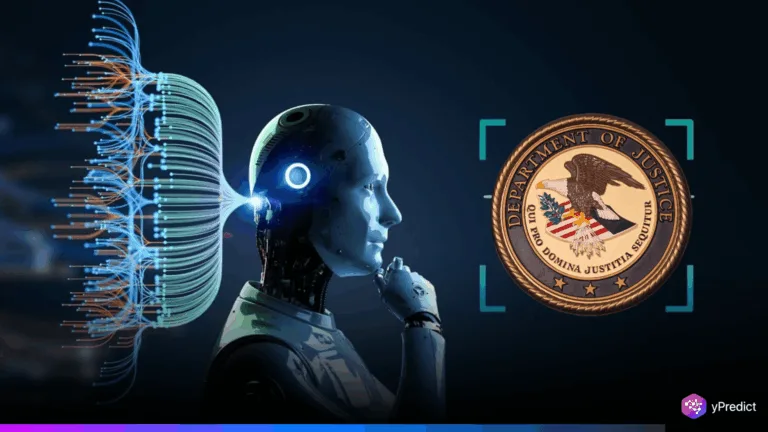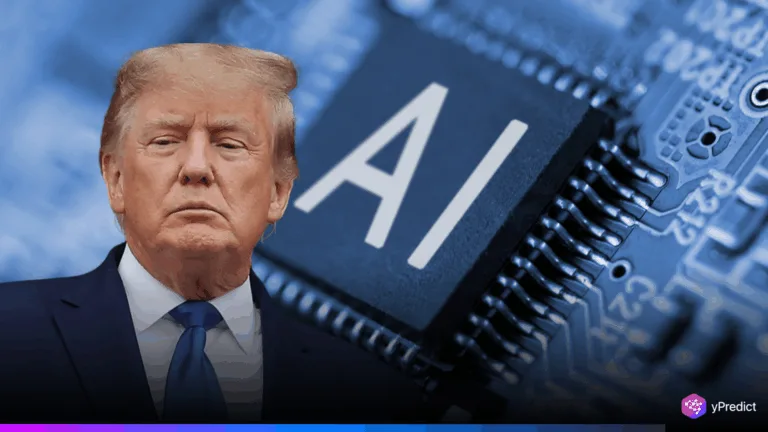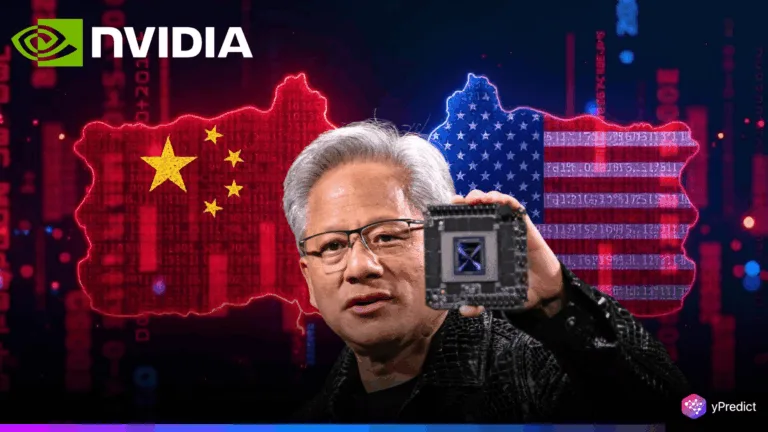
The landmark antitrust trial against Google opened with the U.S. Department of Justice (DOJ) making a bold case. This case is to stop Google from using artificial intelligence to reinforce its Google search monopoly. Prosecutors argue that Google’s deals with major tech players like Samsung and Apple, along with its dominant AI products, give it an unfair competitive edge. The trial could reshape the digital ecosystem, potentially forcing Google to sell off key assets like its Chrome browser.
Inside the DOJ’s Push to Break Monopoly
The DOJ’s opening remarks emphasized the long-standing Google search monopoly as a threat to healthy market competition. The Justice Department seeks actions that would compel Google to make exclusive contracts with device manufacturers more flexible and stop pre-installing its AI-driven smartphone search tools.
According to DOJ attorney David Dahlquist, these actions are essential to preventing further entrenchment of Google’s search dominance by AI dominance strategies. Dahlquist stressed that solutions must address how AI is evolving and merging with search technology.
For instance, documents revealed that Google pays Samsung a significant monthly amount to preload the Gemini AI app. This supports how AI and search are now interlinked tools in securing user access. The DOJ insists such integration boosts Google, diminishing opportunities for competitors like ChatGPT. Google executives insist that AI dominance is an evolution, not manipulation.
Is Innovation at Risk in Google’s Defense?
In response, Google claims the proposed remedies amount to nothing more than a competitor’s wish list. John Schmidtlein, Google’s lead attorney, criticized the DOJ’s demands as extreme and unrealistic. He argued that products such as Gemini or Bard fall outside the core focus of this antitrust trial, since they aren’t traditional search engines. According to him, targeting Google’s AI advancements would “hold back American innovation at a critical juncture.”
Adding to its defense, Google contends that removing default agreements or halting payments to device makers would negatively impact smaller tech entities. Google plans to call witnesses from Mozilla, Verizon, and Apple, further supporting its claim that dismantling partnerships could destabilize the tech economy.
The DOJ’s Strategy to Challenge Big Tech
The trial reflects a broader push against Big Tech’s unchecked influence. Initiated under the Trump administration and continued by Biden’s DOJ, the legal action is part of a nonpartisan crackdown to ensure competition in digital markets. Assistant Attorney General Gail Slater emphasized the need for “forward-looking” action that doesn’t ignore the AI-driven future of search.
Proposed solutions include potentially forcing Google to divest from Android should lighter interventions fail. Critics argue that the Google search monopoly empowers the company to funnel user traffic through all its products, giving it an enduring advantage. Prosecutors want licensing requirements and default search neutrality, allowing smaller firms a fighting chance.
As this antitrust trial unfolds, the future of online search and mobile tech hangs in the balance. Whether it leads to a tech breakup or a reshaped AI regulatory framework, the outcome could set a legal precedent for other companies like Meta and Amazon.
What’s Next: Could Google’s Empire Finally Crack?
The Google search monopoly case marks a defining moment for tech regulation. As AI blurs the distinction between traditional services and emerging tools, courts must determine how far innovation can go when it meets market control. If the DOJ’s proposed solutions are implemented, it could reset the rules of digital competition. It can redefine the balance between innovation and fairness.






